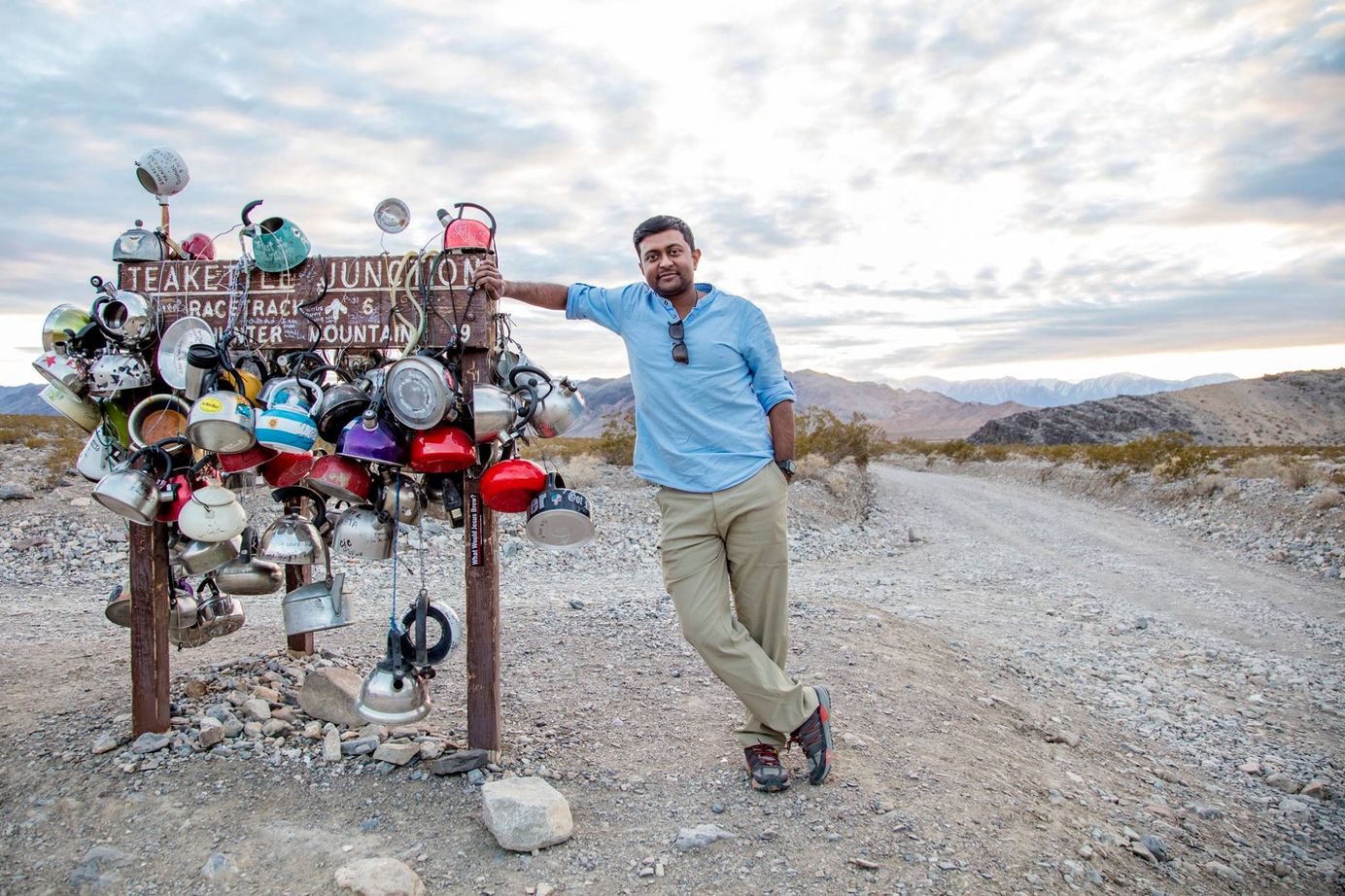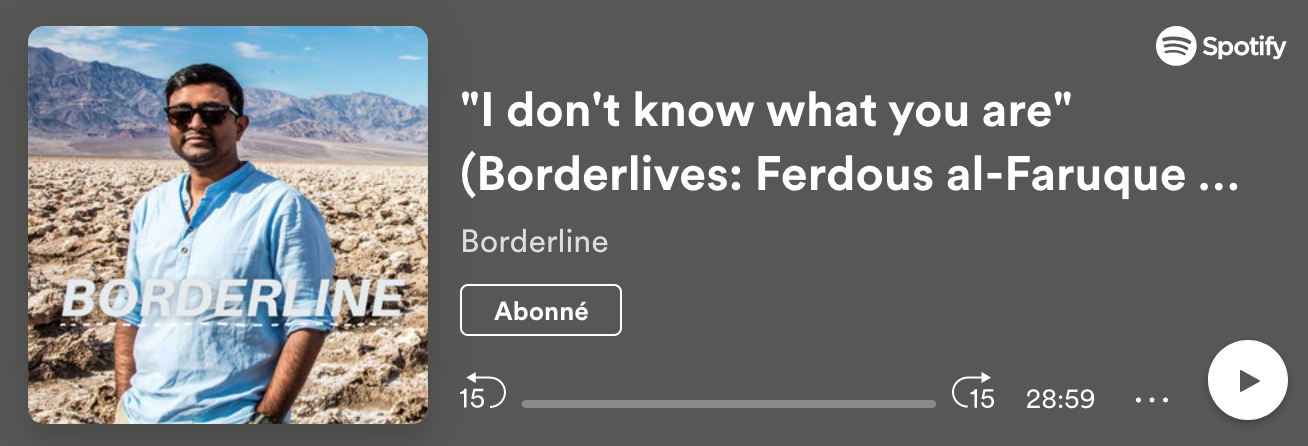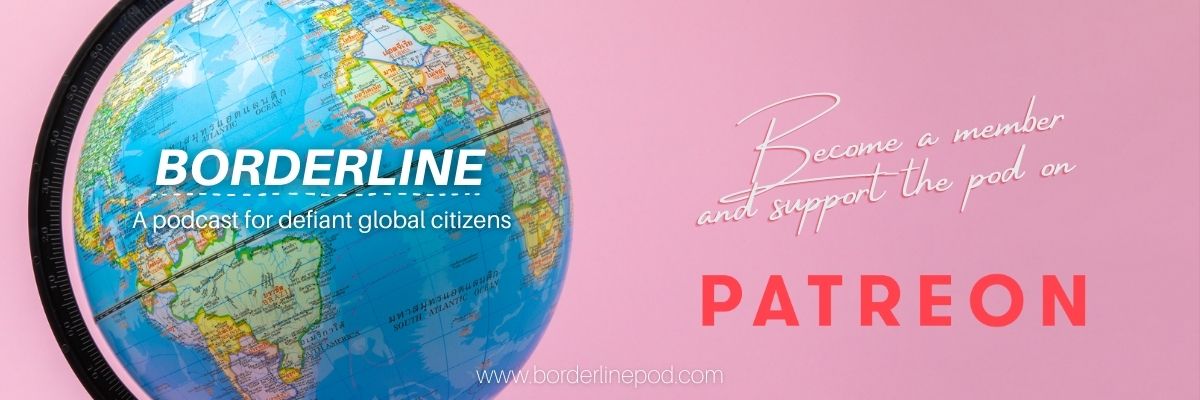
"I don't know what you are"
On our visceral need to put people into boxes and the third-culture kids that fall inbetween

I can see it in their eyes when they first hear me speak. They’re only half listening because they’re trying to figure it out. And then it spills out: “So where’s that accent from?”
I don’t sound French enough for my nationality to be obvious, but I don’t sound entirely English-native either. That makes categorizing me a bit difficult if you don’t know the back story, and we humans seem to have a visceral need to categorize. Right now, I am jonesing to reorganize all my craft supplies. It’s my go-to procrastination when I should be writing. Heck, we’ve Marie Kondo’d every living thing on Earth into kingdom, phylum, class, order, family, genus and species. Does it bring us joy?
Stereotypes are helpful. Putting strangers into boxes helps us decipher them and know how to respond to them with very little information. The problem is if you stop there. We’re each of us more than our labels and some just can’t fit into any single category.
“One of my friends, it really frustrated her. 'I don't know what you are,' she said,” recounts Ferdous “Danny” al-Faruque in the latest episode of Borderline. He shared his experience of growing up a third-culture kid for the second instalment of the Borderlives series.
“I do feel connected to all the places I've lived in. I do consider myself in many ways Polish and American and Swedish and Bengali. And on top of that, there's the identity of I'm an immigrant, I'm Muslim, I'm a journalist, I'm a desi... So there's all these identities that are constantly at play. And instead of pitting themselves against each other, I just embrace it all.”
Danny helped me continue an exploration of identity, home and belonging among global citizens. That was very much the impetus behind starting Borderline. Calling us “Anywheres” or “citizens of nowhere” always felt not just insulting, but fundamentally inaccurate. “I don’t know what you are,” Danny’s friend said. I can’t say that we do either, but that statement is at least a step up from telling the world something we’re not.

🍎 Subscribe on Apple Podcasts - 🎧 Subscribe on Spotify
In other news…
😷 I’m working on something a little different for the next episode. I’ve long promised an episode digging into the efficiency of travel restrictions against covid-19. It’s coming at last. It’ll be a few more days as I reset my newsletter + podcast schedule and figure out the best *regular* days for each. Got opinions? Share them.
🇫🇷 On La V.F., I’m continuing my exploration of the rather arcane logistics of the US elections and how it may impact results. Listen here, new episode coming today.
🎙 Great episode from Media Voices podcast about the realities of going solo as a journalist on a newsletter or podcast. Tl;dr: It will take more time than you think, it will make less money than you think. (Hint: you can support Borderline on Patreon here.) But what a blast! I just finished a big consulting gig that helps keep the furnace on AND London is sliding back into lockdown, so that means I’m about to have a lot more time for you. Stay tuned and thank you for listening.

Hey, you read to the end!
Don’t miss future articles like this one; let me into your inbox.







